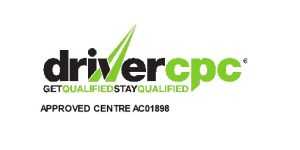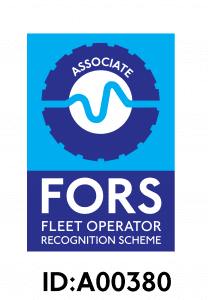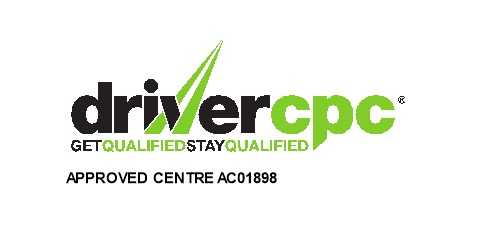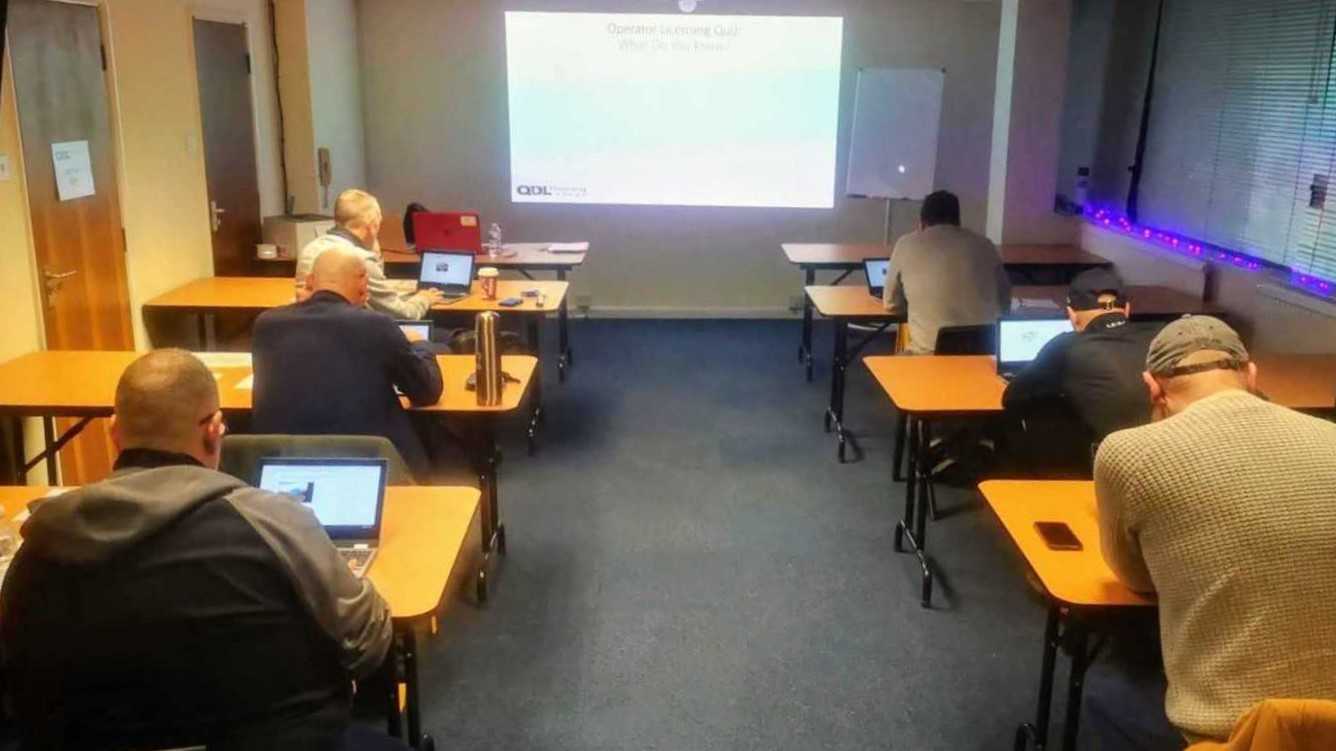
Driver CPC Information and Courses
This Driver CPC Information and Courses page aims to supply you with all the information about Why you need to do Driver CPC courses, What makes up Driver CPC, and information about the courses we run at QDL Training.
Driver Certificate of Professional Competence (Driver CPC) is designed to improve driver awareness of road safety and promote the efficient operation of commercial vehicles. Helping drivers with their professional development.
As a Commercial Driver, you must do 35 hours of periodic training every 5 years to keep their Driver Certificate of Professional Competence (CPC) to drive a bus, coach, or lorry.
You run the risk of being fined up to £1,000 for driving professionally without valid and in date Driver CPC as shown on a Drver Qualification Card (DQC).
Driver CPC Information contents:
- Who needs driver CPC training?
- Choosing the best driver CPC courses for you
- Driver CPC Course information

Who needs Driver CPC training?
Put simply… everyone who wants to professionally drive lorries, buses, or coaches must complete 35 hours of training before they can get their Driver CPC card (also called a Driver Qualification Card or DQC).
Driving professionally without a card can earn you a £50 fixed penalty!
What is a Certificate of Professional Competence?
Driver Certificate of Professional Competence (CPC) is a qualification aimed at boosting drivers knowledge and skills, maintain high driving standards, and improving road safety.
The program ensures all professional drivers have continuous training to keep you up to date with current industry changes, standards, and legislation.
What is the value of CPC Training?
Regularly undergoing refresher training reduces bad habits, promotes best practice, and ensures the industry maintains its reputation for excellence.
Group training sessions also allows drivers to share their on the road experiences with other professional drivers.
Who is exempt from CPC Training?
You don’t need a full Driver Certificate of Professional Competence (CPC) qualification if you’re using a vehicle for:
- non-commercial carriage of passengers or goods for personal use
- carrying material or equipment you use for your job (driving the vehicle can’t be the main part of your job)
- driving lessons for anyone who wants to get a driving licence or a Driver CPC
- driving to or from pre-booked appointments at official vehicle testing centres
- driving within 62 miles (100 kilometres) of your base – but the vehicle can’t be carrying passengers or goods, and driving a lorry, bus or coach can’t be your main job
- maintaining public order – the vehicle is being used or controlled by a local authority, rescue missions or in states of emergency
You also don’t need the full Driver CPC if the vehicle is:
- limited to a top speed of 28mph
- being used or controlled by the armed forces, police, fire and rescue service, prison service or people running a prison or young offender institution
Periodic CPC Training
Periodic training must be completed every five years in order to renew the Driver Qualification Card (DQC) card. You must complete 35 hours of training over a five year period. This is broken down into five ,7 hours days of training of your choosing.
Driver CPC training is mainly classroom based and incorporates a variety of different subjects. There is no formal test at the end of this. However, it is expected that you participate in group discussions.
Drivers CPC courses from QDL Training
At QDL Training we offer you a wide variety of different Driver CPC courses at our training venue in Croydon. There are 8 courses to choose from which can be found in the Driver CPC Course information section below.
All courses are relevant, industry specific, and delivered by trainers who have many years of experience working within the transport and haulage industry.
From our facilities to our trainers, you will hard pressed to find a better alternative.
Discounts are available for multiple bookings.
Contact Jaime to book training
You will find QDL Training Courses to be 5 Star Standard

Choosing the Best CPC Courses to Suit Your Needs
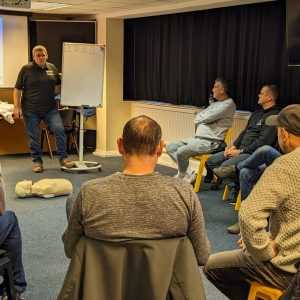
Keep Yourself Ahead of the Loop
There is two main purposes of a CPC course:
- Maintain and enhance your skills through continuous professional development
- Encourage you to follow best practice and compliance standards to ensure that legal, safety, and environmental obligations are met, and exceeded
Keep in mind, you have to fill a total of 35 hours with the most relevant subjects for you.
Variety is key!
Rather than repeating the same material, choose a selection of different courses offered by QDL Services. This will help increase your knowledge and keep the training courses fresh for you. Much better than repeating the same subject.
Take a look at our courses and choose the best Driver CPC that suits your driving needs.

Driver CPC course information
Full information for each course and prices are available via the booking page for each module.
A selection of Online Driver CPC courses are available and can be viewed on our Driver CPC Online Calendar.
NEW COURSE! Driver Health & Well-being
Driver Health & Well-being is our new CPC course. Giving you tools to look after your own well-being and ensure you are fit to drive. Above all, making sure you are at your best at all times.
The focus on the course is on your, and others mental well-being. There are also many top tips to improve your lifestyle as a professional LGV driver.
Quality Driver
Quality Driver is a course designed particularly for commercial LGV drivers. It gives an overview of topics professional drivers should know, both on and off the road.
The course has been written by professional drivers, for drivers; making it relevant and engaging.
Drivers Hours and Working Time Directive (WTD)
Drivers Hours and WTD course is focused around:
- working regulations covering EU and UK
- timekeeping equipment
- importance of adhering to compliance guidelines, and
- the penalties for failing to do so
Recent advancements such as digital tachographs and manual entries/inputs are also addressed.
QDL Truck Smart
The QDL Truck Smart course is primarily concerned with common safety issues that fleet vehicles need to address.
Areas covered include:
- pre use inspections
- safe loading and unloading
- load security
- knowing when to report issues
Another course with two practical exercises. Making sure that you get a hands on experience!
Collision Management & Hazard Awareness
Collision Management Hazard Awareness gives you the tools to spot
potential hazards and how to respond to them. Understanding the common causes of incidents and
collisions and how you, as a professional driver ensure you carry out your duties in the safest ways
possible.
Various obligations, responsibilities, and requirements and covered along with terminology and common causes of incidents.
FORS recognised QDL Safe Urban Driving (SUD)
QDL Safe Urban Driving (SUD) is written by QDL Training and approved by FORS (essential for SILVER applications & renewals).
This is essential training for all commercial drivers operating LGVs regularly in the urban environment where there are high volumes of vulnerable road users, such as cyclists and pedestrians.
Theory and practical modules are contained within this course in order to provide you with hands-on experience. This includes going out on the road with the trainer.
FORS recognised LoCITY Driving
LoCITY Driving highlights how vans and LGV vehicles can reduce their impact upon the environment.
Subjects include how to save fuel when driving, effective planning before a journey and alternative fuels in commercial vehicles.
This is a FORS essential course for all GOLD applications & renewals.
ALLMI courses
ALLMI course information can be found here
Emergency First Aid at Work
Emergency First Aid at Work training is a recommended module!
Topics covered include (but are not limited to):
- how to identify and manage emergency situations
- dealing with a wide range of first aid applications
- identifying medical conditions
- contents or a roadworthy first-aid kit
- CPR
- using automatic defibrillators (AEDs)
This course includes many practical elements
Now that we have identified the options for you to choose from, why would you go anywhere else but QDL Training?

